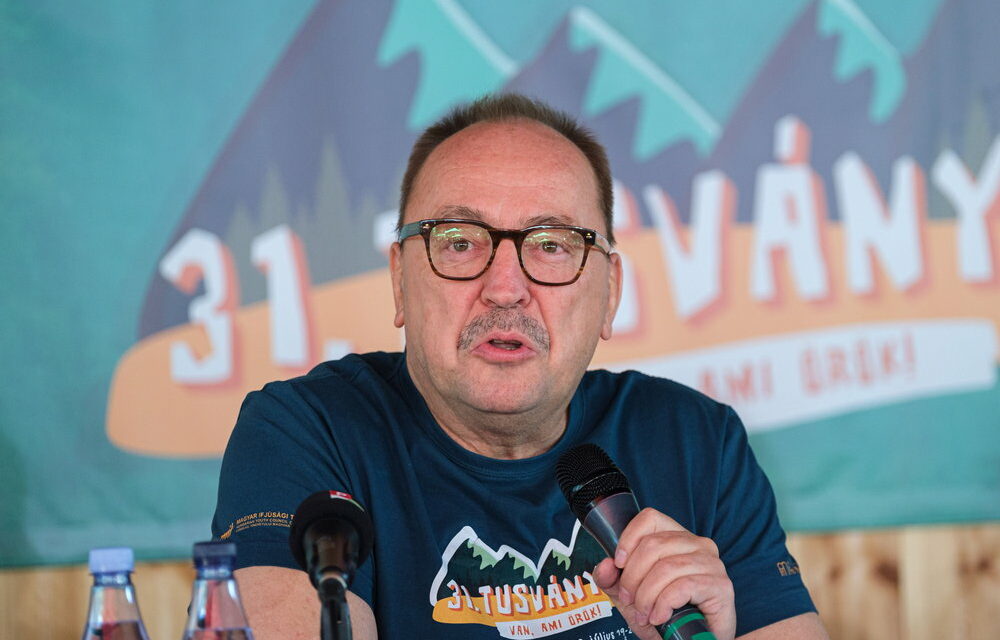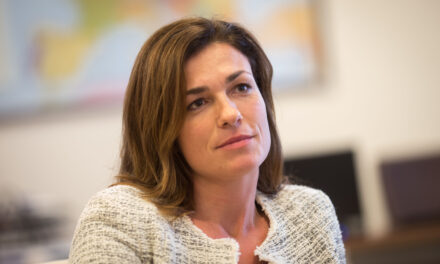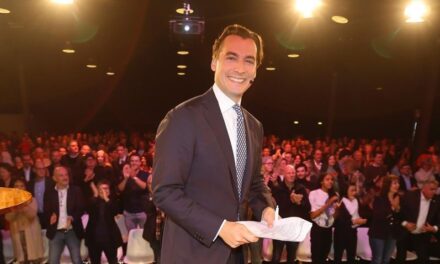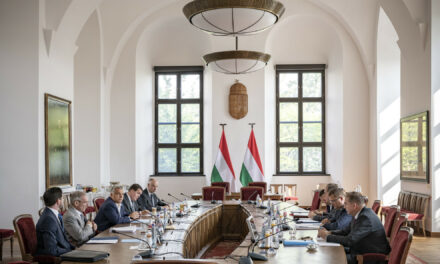According to all indications, the European Union is an extremely serious loser in the war in Ukraine, the chairman of the Foreign Affairs Committee of the Parliament declared at the podium discussion of the 31st Bálványosi Summer Free University and Student Camp in Tusnádfürdő on Wednesday.
Zsolt Németh said in a conversation about the war and the relationship between Central and Eastern Europe that "very dense clouds" are gathering over Europe in terms of the euro exchange rate, inflation and the rise in energy prices, and this is accompanied by the chaos in international diplomacy.
Very dense clouds are gathering
In this situation, the countries of Central Europe - including, for example, Hungarian-Polish relations - are exposed to a very serious strain, therefore the members of the region can only remain strong if they cooperate and jointly represent their interests, said the politician from the ruling party.
In his presentation, Zsolt Németh touched upon the role of the media in preserving Central European unity and the issue of arms shipments, as well as the issue of sanctions. He explained that today's media "operating as part of hybrid warfare" launched an attack on Hungarian-Polish friendship on several fronts; according to his words, a kind of "America-friendliness" stereotype can be observed in the Hungarian media regarding Poland, and the opposite of this, Hungarian "Russian-friendliness" appeared in the Polish press.
In both countries, the media is free, freer than in many Western European countries, but at the same time, in the case of inappropriate conditions, it can greatly limit a country's political room for maneuver, he warned.
Hungary and Poland represent two extreme positions
Regarding arms deliveries, Zsolt Németh clarified that Hungary and Poland take two extreme positions on this issue. The Poles are helping the victim, Ukraine, with weapons, while Hungary is advocating an active peace policy in order to preserve the peace of Transcarpathia, he said.
He noted that the same two extreme poles can also be observed regarding the sanctions, according to the Hungarian side, the restrictions only have a long-term effect, and their results will only be seen after months or even years, even though the effects of the war are already being felt on the entire continent.
We only engage in political "tools" debates
Despite the two different points of view, we are essentially only arguing about political "tools", there is no dispute between Hungary and Poland in terms of strategic goals and the direction of progress in Central Europe - the chairman of the foreign affairs committee opined. Zsolt Németh confirmed that the common goal is to create an independent Ukraine belonging to the European Union, which is integrated into the functioning of the region.
However, this requires peace, so it is necessary to conclude a peace agreement as quickly as possible, an armistice agreement between the warring parties, he pointed out. According to Zsolt Németh, the controversial issues of the two countries should be clarified, they should agree on what they agree on, and in the event of a difference of opinion, it is important not to hinder, but to help each other in politicizing according to their own interests.
He emphasized that this war cannot and will not bury Central Europe, just like Hungarian-Polish friendship, but "serious attention" is needed in the latter. In his summation, Zsolt Németh drew attention to the fact that in the relations between the two countries, the difference between "disputes of means and ends" must be made clear, and unity must be found in the goals.
At the podium discussion, Miklós Bakk, lecturer at Sapientia University, gave a presentation on the past and significance of Hungarian-Polish relations, Csoma Botond, the parliamentary group leader of the RMDSZ, on the developments of the Russian-Ukrainian war so far, while Jerzy Snopek, the former Polish ambassador in Budapest, gave a presentation on the Polish position on the Ukrainian war.
MTI
Cover photo: Zsolt Németh, chairman of the Foreign Affairs Committee of the National Assembly, at the opening of the 31st Bálványosi Summer Free University and Student Camp at Tusnádfürdő in Transylvania on July 20, 2022.
MTI/Nándor Veres












